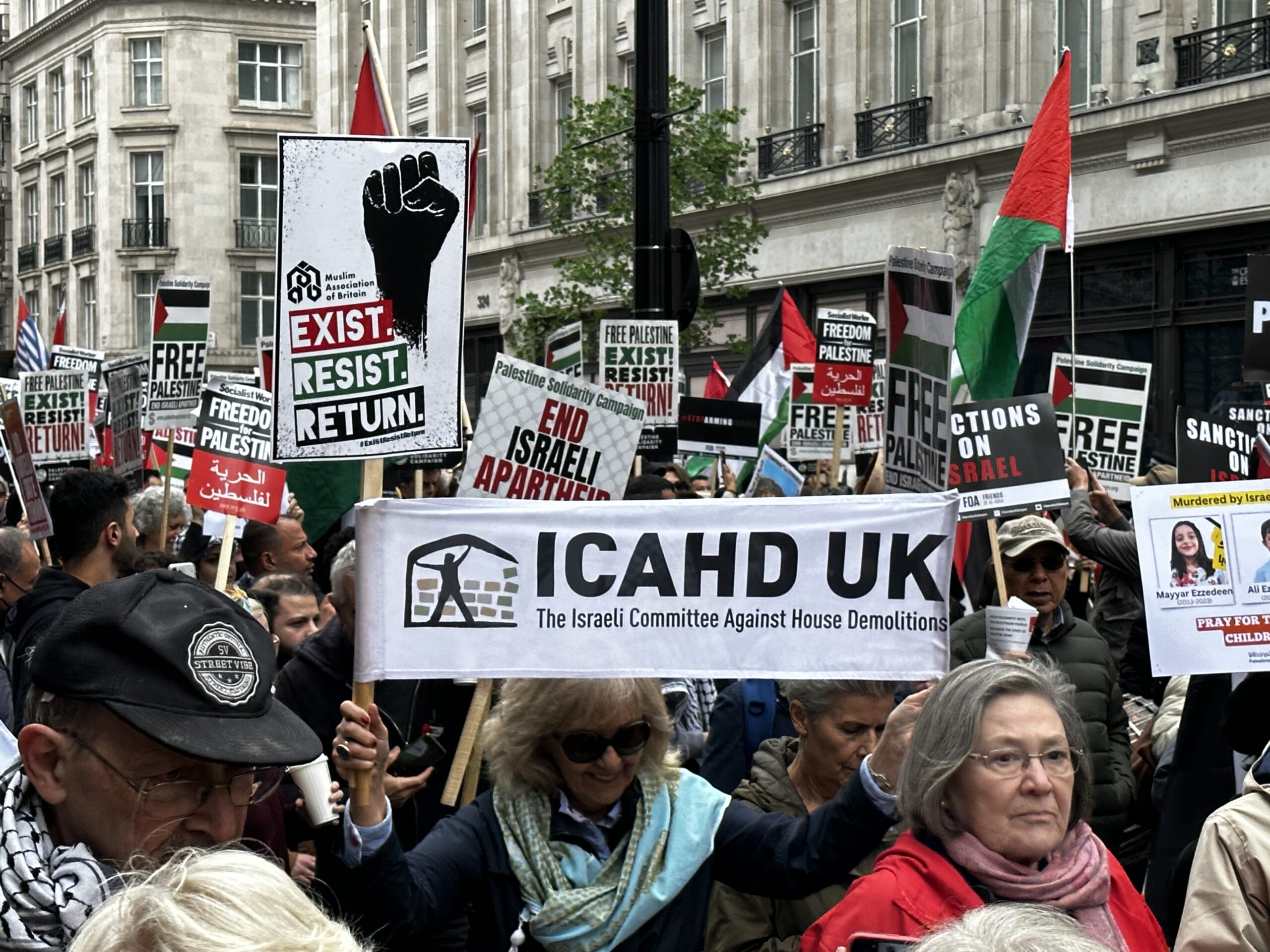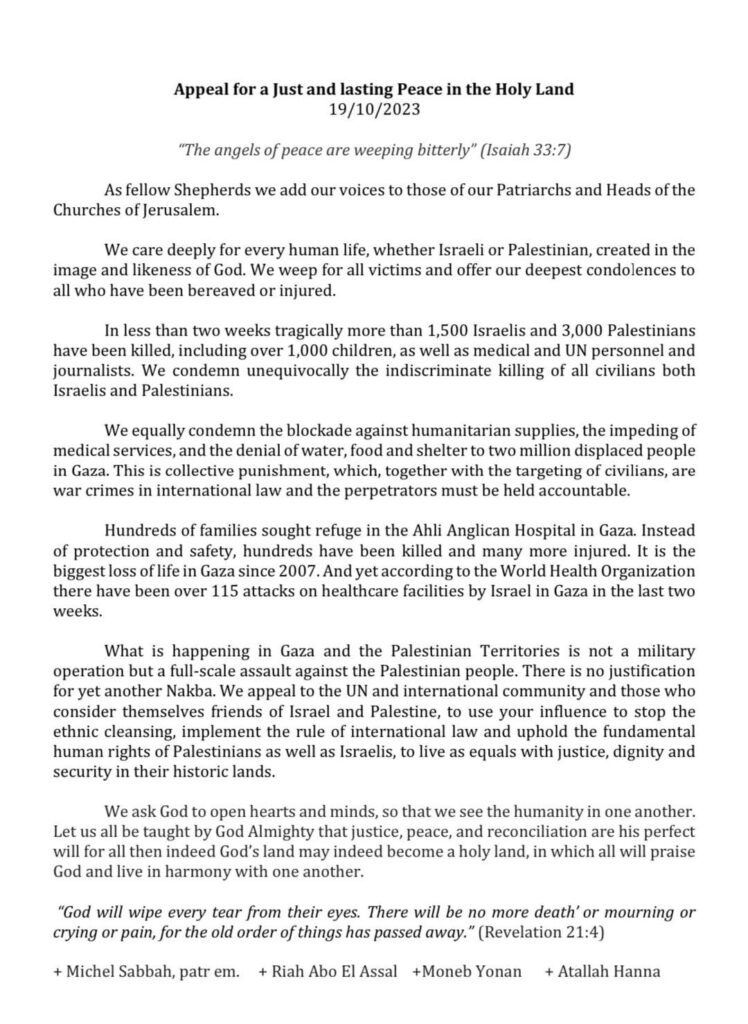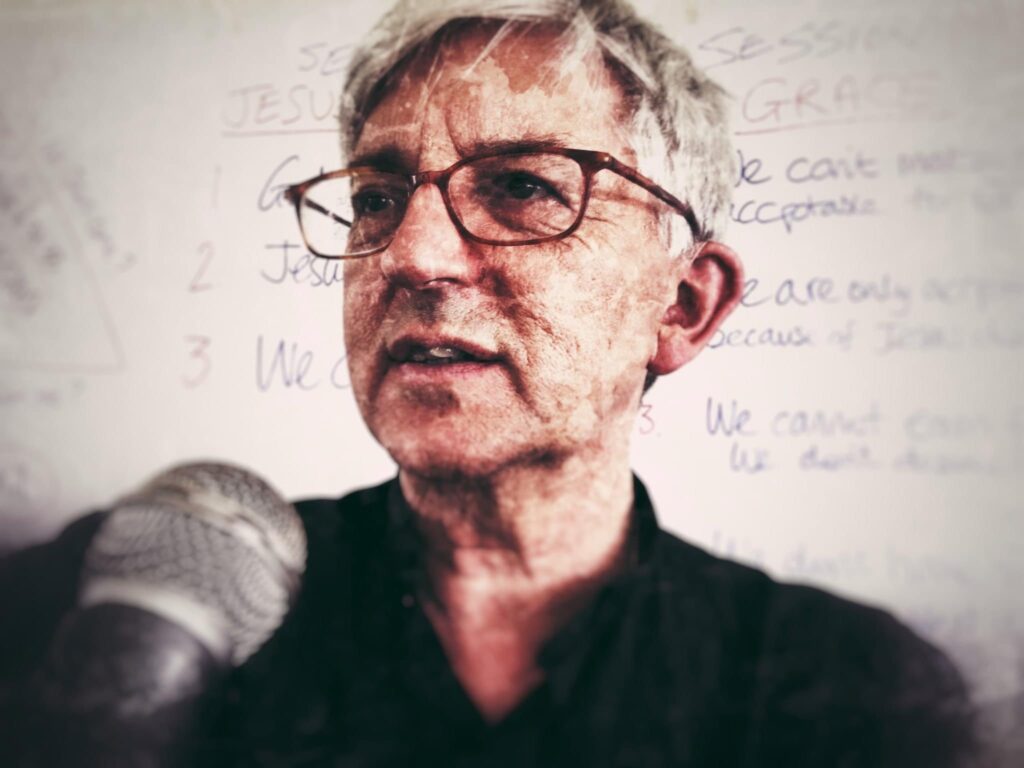As a member of the ICAHD-UK Executive I am pleased to promote this important statement by ICAHD calling for an end to Israeli genocide against the Palestinian people.
“The term “genocide” was formulated by the Jewish-Polish lawyer Raphael Lemkin against the backdrop of the Holocaust. It was codified as a crime under international law in the 1948 Convention on the Prevention and Punishment of the Crime of Genocide (the Genocide Convention). The definition of genocide, as set out in Article 2 of the Convention, is simple and straightforward, its first three elements clearly reflecting Israeli policies and actions towards the Palestinian people since initiating its process of systematic genocide in 1947:
Genocide means any of the following acts committed with intent to destroy, in whole or in part, a national, ethnical, racial or religious group, as such:
(a) Killing members of the group;
(b) Causing serious bodily or mental harm to members of the group;
(c) Deliberately inflicting on the group conditions of life calculated to bring about its physical destruction
in whole or in part.
By itself the ongoing destruction of Gaza and its people is a war crime, far too disproportionate to qualify as mere retaliation for the Hamas attack on Israeli civilians, far too costly in civilian life and property to justify the scale of Israel’s militarily action against Hamas.
Genocide is often not a single event, but rather a series of deliberate events and processes over time whose ultimate intent is to destroy, in whole or in part, a national, ethnical, racial or religious group. The Indian Wars in America lasted three centuries. If we step back from the war crime that is Israel’s current assault on Gaza to the concerted effort since Israel’s establishment to erase the country of Palestine and its Arab heritage, the picture that emerges is one of genocide, cultural as well as physical. Zionism’s and later Israel’s necessarily violent project to displace the country’s Palestinian population, take its land and replace it with a Jewish one constitutes deliberate destruction of the Palestinian people in part or in whole.
Three events have prompted ICAHD’s call for urgent international action to end Israeli genocide against the Palestinian people: the indiscriminate bombing of the Jabalia refugee camp in Gaza on October 31, 2023, in which hundreds of innocent people – refugees from Israel’s campaign of expulsion in 1948 – were slaughtered in order to assassinate a single Hamas commander; the brutal attacks happening now against Palestinians in the West Bank in which Israeli settlers and soldiers are terrorizing families and emptying whole towns and villages – forced displacement, a crime under the Fourth Geneva Convention; and the statements of genocidal intent emanating from the highest Israeli government and military officials, whether towards the people of Gaza or directed at Palestinians (“the Arabs”) in general, statements that lead us to fear heightened colonization and further genocide if the international community allows Israel free reign to erase the Palestinian people politically, culturally and if need be physically.
The Israeli Committee Against House Demolitions (ICAHD) calls on the international community – the UN, governments and peoples – to hold Israel accountable for its decades of genocidal colonization. Most urgently we call for isolating and sanctioning Israel until its destruction of Gaza and its people ends, and the violent displacement of Palestinians from their lands and communities by Israeli settlers and soldiers cease.
We call on the International Criminal Court to bring to trial for war crimes the responsible Israeli political and military leaders.
We call on the United Nations to enforce Article 3(e) of the Geneva Convention punishing for “complicity in genocide” the United States, Canada, Europe and other countries contributing to Israeli genocide.”



